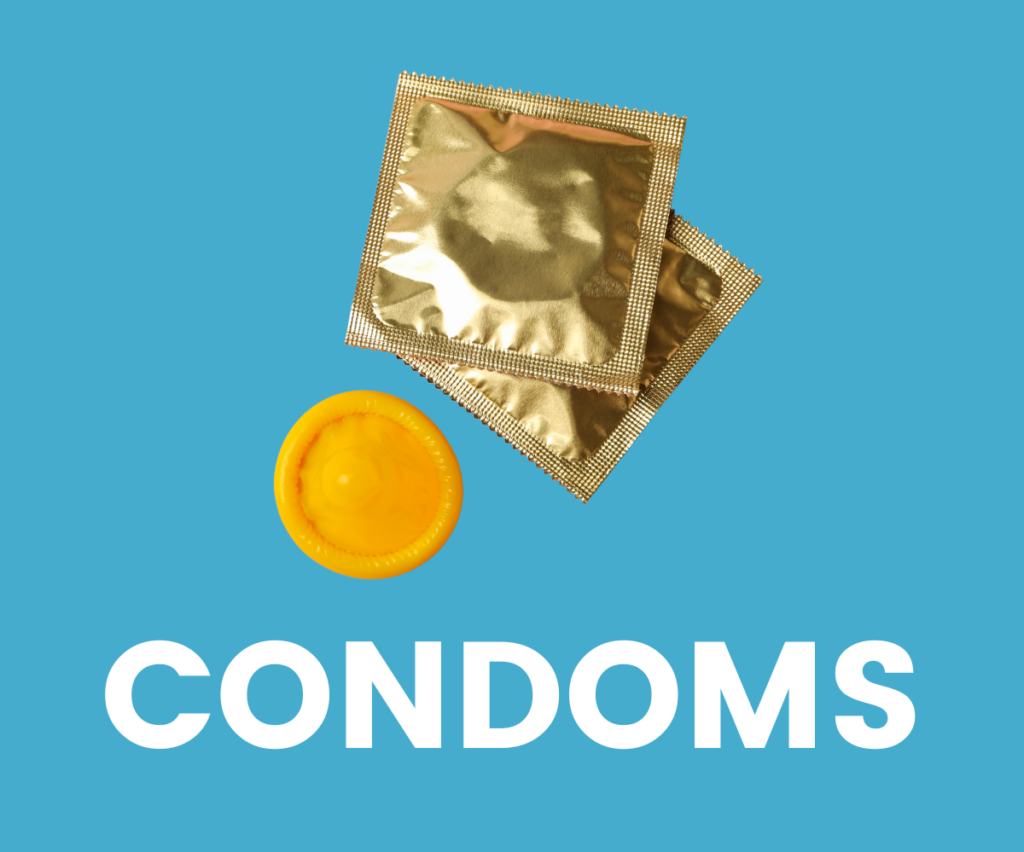
For queer youth, there isn’t a road map when it comes to sexual health and awareness. This is a journey that you have a right to navigate on your own terms and in your own time. We are here to answer your critical questions and equip you with the knowledge and resources to make choices you can feel good about. This is your invitation to enthusiastically embrace questions, narratives, and resources that will empower and support your unique sexual journey, in a safe and informed manner that stays true to who you are.

Getting sexual health support at university and college is super important for students, and luckily, most schools have got you covered. Remember that seeking sexual health support is a responsible and essential aspect of self-care during your university years. Don’t hesitate to reach out to professionals and utilize the resources available to you. Your health and well-being should always be a priority.

Some of the most common places to meet potential partners are dating apps, speed dating events, and school or work. Building community and making friends can also lead to meaningful connections, consider joining 2SLGBTQ+ student organizations or clubs, volunteering for 2SLGBTQ+ organizations or events, or participating in 2SLGBTQ+ social media groups, forums, and communities that align with your interests and preferences. Keep in mind, that finding the right partner can take time. Don’t rush into a relationship; focus on building connections and getting to know people at your own pace.
Figuring out your dating and sexual preferences is a unique and personal journey that often involves a combination of self-reflection, exploration, and open communication. Take time to reflect on your feelings, desires, and what aspects of dating and intimacy are important to you. You can learn a lot from listening to others’ experiences and reflecting on what resonates with you. Remember, don’t rush the process. Discovering your preferences can take time, and it’s okay to explore and evolve at your own pace.
PrEP is a daily medication taken to prevent contracting HIV. When taken as prescribed, it significantly reduces the risk of getting HIV by blocking the ability of the HIV virus to establish an infection in the body. It is an important tool in HIV prevention but does not protect against other STIs. PrEP is typically used in conjunction with other safe sex practices and regular testing.
Anyone who has an elevated risk of contracting HIV is a good candidate for PrEP. Groups considered to have a higher level of risk include men who have sex with men, transgender people, anyone with a high-risk partner, people who use injection drugs, and sex workers. If you’re a university student in Canada and you are interested in PrEP, start by talking to a doctor or nurse. They can help you decide if it’s right for you and give you a prescription if needed. In Canada, PrEP is often covered by health plans, but it can vary depending on where you live. So, check with your local healthcare office to see if they can help with the cost. Once you have the prescription, you can pick up the medicine at a pharmacy. Just remember to see your doctor regularly to make sure it’s working well for you.
Finding out if your crush is also queer can be a tricky endeavor. Consider starting with open, non-judgmental conversations about relationships, attractions, and identities to give them the opportunity to share what they are comfortable with. Sharing your own experiences or interests related to 2SLGBTQ+ topics can create a safe and welcoming space for the person to open up about their sexuality or relationship to queerness. Keep in mind, for many people being out and open about their sexuality may not be a safe or comfortable option. If they choose not to share this information, respect their decision.
While there are many methods queer people have used to signal their identities and desires, the only sure way to know someone’s sexual preferences or orientation is to be told by them. Avoid making assumptions about who or what someone may be interested based on how they look or act. Instead, opt for respectful and open conversations that respect people’s boundaries and make room for fluidity and questioning.
Water-based lube is good for sex or masturbation with or without toys, safe to use with condoms, but isn’t good for use in water as it will wash away. It also dries out quicker than alternatives. Silicone lube is one of the slickest and most long lasting options when it comes to lube. It is hypoallergenic, safe to use with condoms, and doesn’t easily wash away, but should not be used with silicone sex toys because it may damage the toy .Oil-based lubes are good for anal play, massages, and external masturbation, but should not be used with latex condoms or most toys. Oil cannot be absorbed inside the body so it is not recommended for vaginal use.
Before getting to the bedroom, consider asking your partner what words they like to use for themselves and their body. Create space for an ongoing dialogue about what is comfortable and affirming and what may bring up dysphoria or discomfort. You can also get creative with the narratives you use around sexual acts to frame them in more gender affirming ways. Work together with your partner to find things that make you both feel good.
Experts generally recommend getting tested every six months or at least once a year. In addition, it is a good practice to get tested after every new partner. When deciding how often to get tested, consider your risk factors and make choices that protect the health of yourself and your partner.
When possible, conversations about STIs and safe sex practices are best had before getting to the bedroom. Taking an honest and direct approach can create space for vulnerability and clear communication. You can begin by sharing your own STI status if you’ve been recently tested, which sets a positive example. Politely and non-judgmentally ask your partner about their STI status and what safe sex practices are important to them. Based on the information you both share, discuss how you can protect yourselves from STIs moving forward.
To effectively communicate your boundaries and desires in a sexual relationship, start by taking time to understand your own preferences and limits. Tell your partner what’s on your mind and how you feel using simple “I” statements. For example, say “I feel more comfortable when…” instead of “You should do this.” You can keep this conversation ongoing by having regular check-ins with your partner for you both to share your feelings, boundaries, and desires.
Being vulnerable with your partner by sharing your feelings, desires, and boundaries, while making space for them to do the same, is key for developing trust in any sexual relationship. Be curious about your partner’s wants, needs, and thoughts, and listen actively and non-judgmentally to the things they share. Setting up regular check-ins can facilitate this kind of communication and build trust.
You can find 2SLGBTQ+-friendly healthcare providers by asking for referrals from friends, contacting 2SLGBTQ+ support centers, or using online directories from 2SLGBTQ+ or health care organizations. When booking an appointment or in a consultation, don’t be afraid to ask questions about their approach to LGBTQ+ healthcare, their use of inclusive language, and their understanding of LGBTQ+ health issues. At the end of the day, trust your instincts! The right provider for you is one that makes you feel comfortable.
While porn can be a good starting place for exploring your desire, it isn’t the best resource for actually learning about sex. Consider utilizing sex education programs, reputable websites, guidance from healthcare providers, online forums, and support groups, as well as educational apps, YouTube channels, and podcasts. There are numerous books available that cover various aspects of sex education. Look for books that are written by reputable authors and experts in the field. Also, keep an eye out for workshops and resources on sexual health from Local LGBTQ+ centers, women’s health clinics, and community organizations.
Curious to learn more about Queer Sex Ed? Click here to read Durex Canada’s THE IMPORTANCE OF QUEER SEX ED FOR EVERYONE.




Please speak to a health care provider about what option is best for you. Access this link here for reputable medical health centers.

